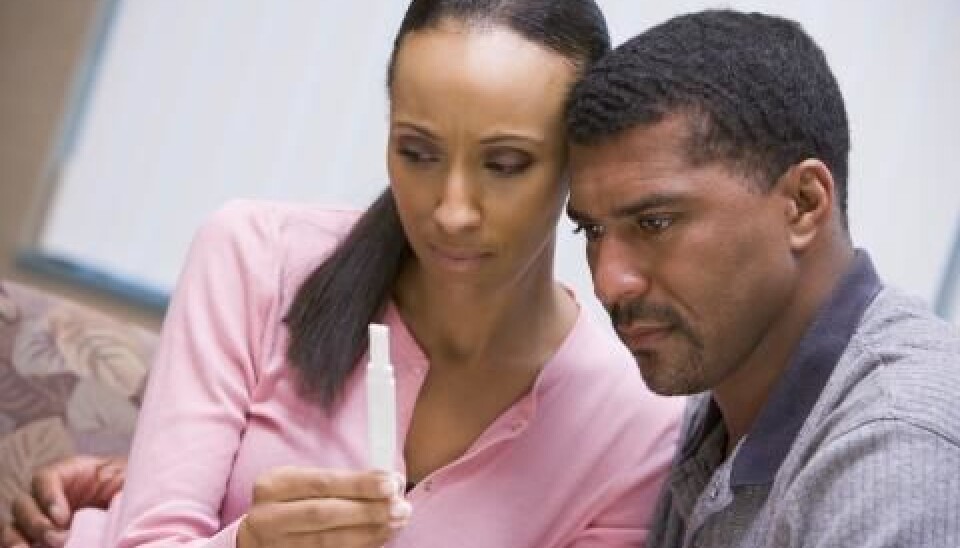
Childless couples risk shorter lives
Children may be exhausting, but not having children can raise the risk of early death.
Parents may feel like their children are driving them crazy - or perhaps shaving years off their lives with worry or grief. But a new Danish study suggests that it is couples with infertility problems who are at an increased risk of poorer mental health and premature death.
The Danish researchers used data from in vitro (test tube baby) fertility treatments in Denmark to examine how the health of infertile couples differed from that of the rest of the population.
“This doesn’t show directly that infertility causes an increased risk of premature mortality, but we conclude there is a connection,” the authors of the study wrote.
The study doesn’t identify any specific cause. Liv Bente Romundstad, a postdoctoral fellow at the Department of Public Health and General Practice at the Norwegian University of Science and Technology, says the researchers just don’t know for sure.
“There can be underlying causes of infertility that also raise the risk of an early death,” she says, naming obesity as one such example.
Psychiatric problems an issue
The new survey shows that infertile couples run a higher risk of having psychiatric illnesses. Other researchers have found this connection in a previous Danish study which concluded that infertile women run a higher risk of mental problems.
Professor Tom Tanbo says mental problems are common among infertile patients. He heads a section for infertility at the Oslo University Hospital, Rikshospitalet.
“Just passing by a baby carriage can trigger deep pain and sorrow,” explains Tanbo.
Uncertain application
Couples receiving in vitro fertility treatment are usually childless and the fact that they are seeking such help means their childlessness is involuntary.
This is one reason that in vitro treatment statistics were so useful. The researchers point out it was important to discern between voluntary and involuntary childlessness. However, they are cannot be certain that the results from their study are applicable to other involuntary childless individuals.
Among the couples who received in vitro treatment but remained childless, women had four times the risk of dying prematurely than women who managed to have children following the treatment. The premature death rate among male partners of these women was double that of those who had managed to become fathers.
The fact that the risk also increased with men suggests that it was the infertility itself, rather than physical stress posed by in vitro fertilisation, that played a role in the increase.
The research indicates that adoption can be a healthy alternative when fertility treatments are unsuccessful. Women who adopted a child halved their risks of mental problems and premature death.
Success rate near 50 percent
In Norway, assisted fertilisation, a general term which includes in vitro treatment, is only offered to women who are married or in a partnership.
According to the Norwegian Institute for Public Health, the success rate for the treatment is 40-50 percent for women under 35, and the likelihood of success plummets for every year past that.
The researchers, Esben Agerbo, Preben Bo Mortensen and Trine Munk-Olsenall, are based in Århus. Their study was published in the Journal of Epidemiology and Community Health.
Translated by: Glenn Ostling







